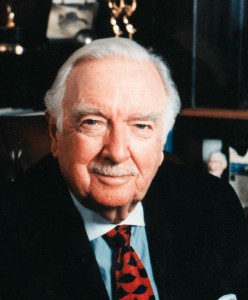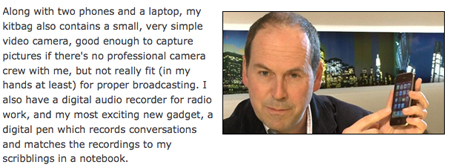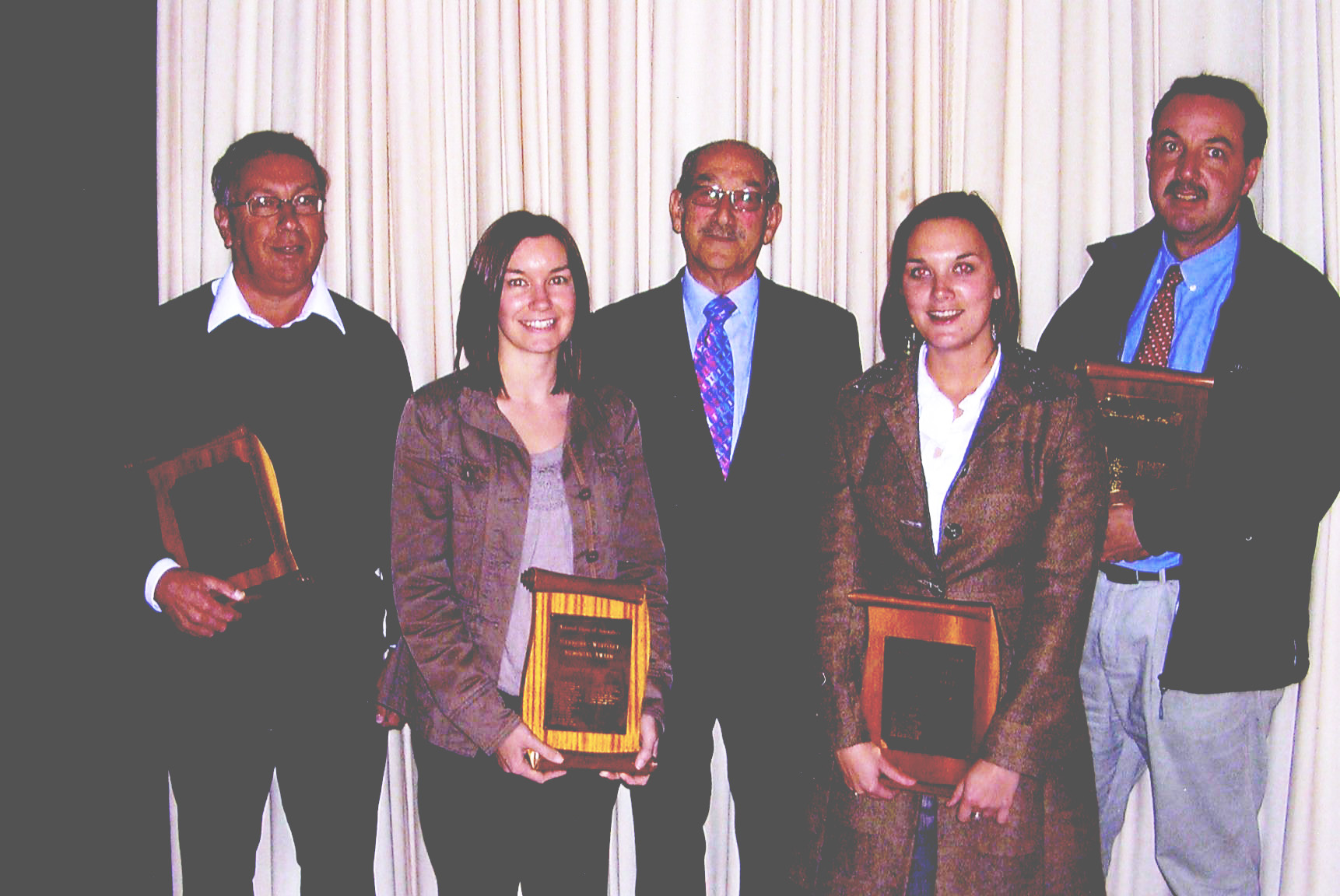 America has lost a top celebrity anchorman, whose news delivery was so influential, he came to be called ‘the most trusted man in America’.
America has lost a top celebrity anchorman, whose news delivery was so influential, he came to be called ‘the most trusted man in America’.
He died peacefully at his home, on Friday July 17, at the age of 92.
Walter Cronkite was an anchorman for CBS Evening News from 1962 to 1981, reading news including a wide range of historical events: the moon landings, Watergate, John F. Kennedy’s assassination and the Vietnam war.
He had a reassuring manner of delivering the news that inspired confidence and trust in the audience. Every evening 70 million Americans heard him deliver his broadcast, which invariably concluded with the parting words “And that’s the way it is.”
He was born Walter Leland Cronkite Jr on November 4th, 1916 in St. Joseph, Missouri, the son of a dentist. As a teenager, his family moved to Houston, where he had his first junior reporter job at The Houston Post – and at the same time delivering the very paper for which he worked.
Known for his trademark clipped moustache and grave voice, he was affectionately known as Uncle Walt, owing to a resemblance to Walt Disney. Despite his popularity, Cronkite was uncomfortable with his celebrity status and declined a proposal for a Walter Cronkite fan club saying: “I don’t think news people ought to have fan clubs.” He also brushed aside suggestions for him to stand for vice-president, even president. The only job he had ever wanted was that of reporter.
No amount of friendship or adulation could compromise Cronkite’s journalistic integrity. Former US Secretary of State Henry Kissinger once said, “When I wanted to make a point Cronkite was the first person I would call. I was sure I was getting a fair interview – tough but fair.”
Some of Cronkite’s finest moments:
- 1963: Assassination of President John F . Kennedy: Walter Cronkite famously displays a rare show of emotion, taking off his glasses to fight back tears as he announces the death of President Kennedy. Video below:
- 1968: Vietnam War: After visiting Vietnam in 1968, he called the war ‘a stalemate’ and made his pro-peace stance clear. His views were so influential that, having watched the broadcast, the then US President Lyndon Johnson reportedly said, “I’ve lost Cronkite, I’ve lost Middle America.” Two weeks later Johnson resigned and announced he would not stand for re-election. Walter Cronkite on the Vietnam War.
- 1969: Apolo 11’s landing on the moon: His coverage of the landing made CBS’ footage of the first moonwalk a favourite in America. Walter Cronkite and the landing on the moon.
- 1977: Cronkite’s interview with Egyptian President Anwar el-Sadat and Israeli Prime Minister Menachem Begin led to Sadat visiting Jerusalem and signing the peace accords the following year at Camp David.
Cronkite retired from from the CBS evening news programme in 1981, handing it over to Dan Rather, but continued producing special reports for the CBS network and was awarded the Presidential Medal of Freedom, America’s highest civilian honour. In 1983 he covered the general elections in the UK for ITV and interviewed Margaret Thatcher.
He is survived by a son, two daughters and four grandsons.
Useful related links:

